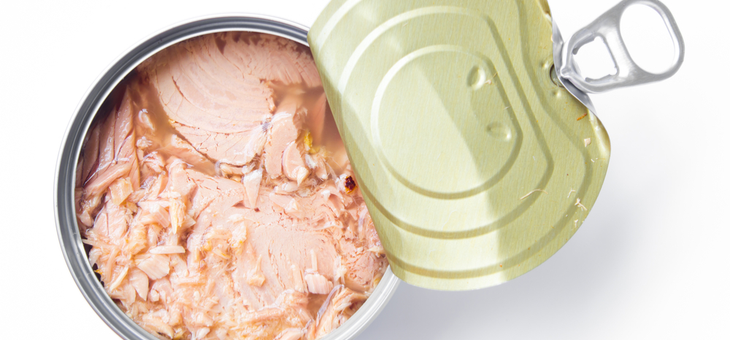Food doesn’t last forever. After mere days, sometimes hours, bread turns mouldy, apple slices go brown and milk begins to sour. Yet, thanks to preservatives, we are able to keep these foods (and others) fresh for much longer.
So what are preservatives and are they safe?
First, we must understand what makes food go bad in the first place. Food spoils as a result of two factors: microbes (i.e. bacteria and fungi) and oxidation (a chemical change that leads to food going brown). Preservatives can prevent both these types of deterioration.
In some cases, bacteria actually help preserve food better. For thousands of years, we’ve used bacteria that produces lactic acid, which turns perishable items, such as veggies and milk, into food that lasts longer – think sauerkraut, kimchi and yoghurt.
We also use synthetic preservatives, such as benzoic acid (in salad dressings), sorbic acid (in cheese) and propionic acid (in baked foods).
Some studies say that benzoates (related to benzoic acid) may cause hyperactivity in people, but the results are not conclusive.
Before refrigeration was commonplace, we found other ways to stop food from going bad. These included preserving them in acids, such as vinegar and salt, and sugars (think jam). Sugar and salt are effective because they suck out the moisture that microbes require to grow.
Of course, too much sugar and salt is bad for your health, and can lead to heart disease, high blood sugar and even diabetes. So these preservatives are best consumed in moderation.
When it comes to curing meats, two anti-microbials called nitrates and nitrites are the most commonly used preservatives. These ward off the bacteria that cause a rare but serious condition called botulism. But these anti-microbials may also be responsible for other health problems. Some studies linking cured meats to cancer suggest that nitrates and nitrites may be responsible.
Another type of preservative, called antioxidants, prevent the chemical change that gives food its ‘off’ flavour and colour. You may have heard of smoke and salt being used to cure certain foods – that’s because wood smoke contains antioxidants, while salt wicks away moisture.
Other types of antioxidants, such as BHT and tocopherol (known more commonly as vitamin E) soak up free radicals and prevent bad flavours from developing in cheese, cereal and oil. Meanwhile, the antioxidant compounds called citric acid and ascorbic acid, help cut-up produce (such as bottled and canned food) keep its colour by halting the enzyme that causes browning.
Further, some preservative compounds, such as sulphites, are both anti-microbial and antioxidants. It’s been understood that sulphites are generally harmless but may cause allergy symptoms in some people.
So, do you need to worry about preservatives?
When you look at the ingredients list of any item, the preservatives are right at the bottom. That’s because they are used in very small amounts, determined to be safe by the national health body.
Some consumers and food manufactures do look for non-chemical alternatives, such as packaging to prevent food exposure – though these open up the issue of packaging waste. There are very few foods that can stay shelf-safe without the help of chemical preservatives, and when consumed in moderation they are generally safe for us.
Do you have health issues with any preservatives? Do you routinely check to see what is in the food you buy?
Related articles:
Food safety’s gut-wrenching facts
Foods that don’t mix with medicine
Foods to avoid so you stay regular

